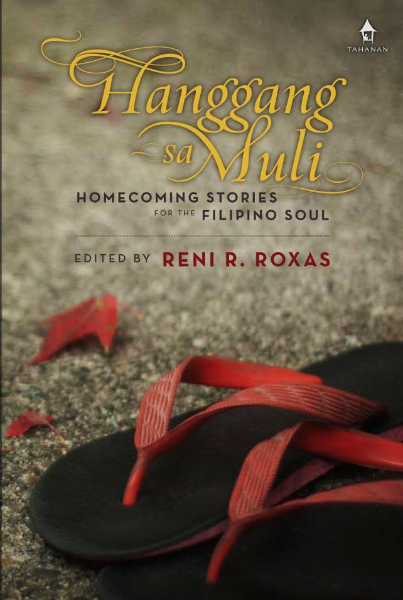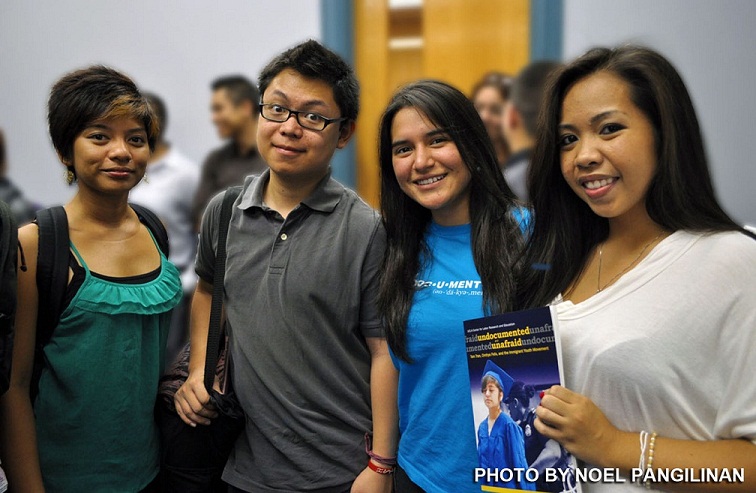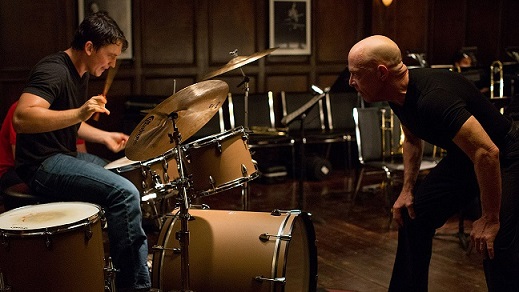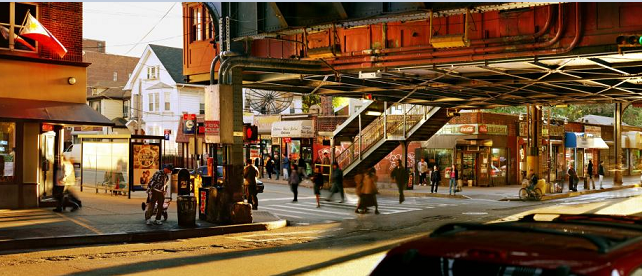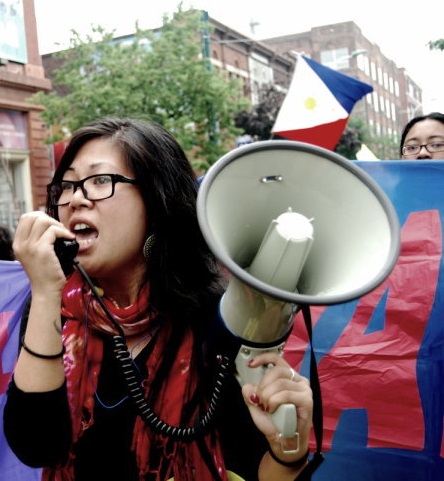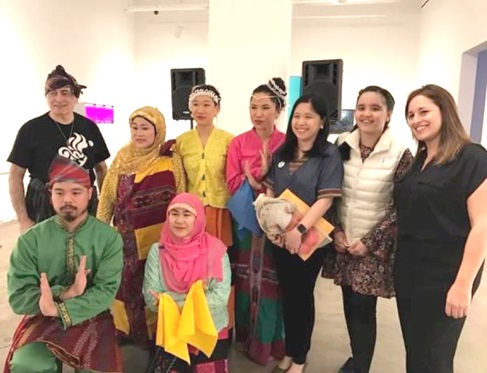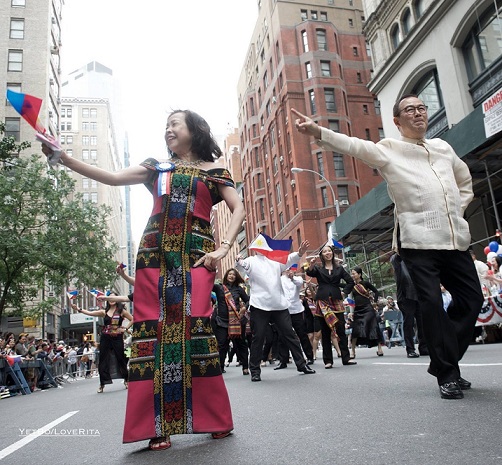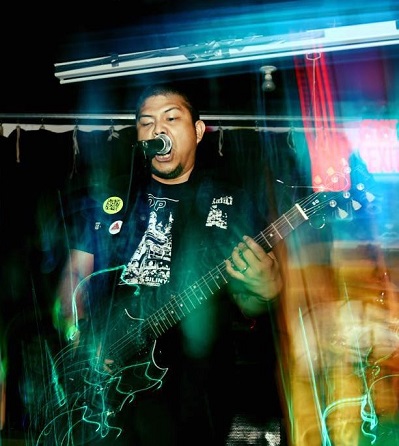‘Painful discussions need to happen:’ NaFFAA Chair Brendan Flores on Barkada debate
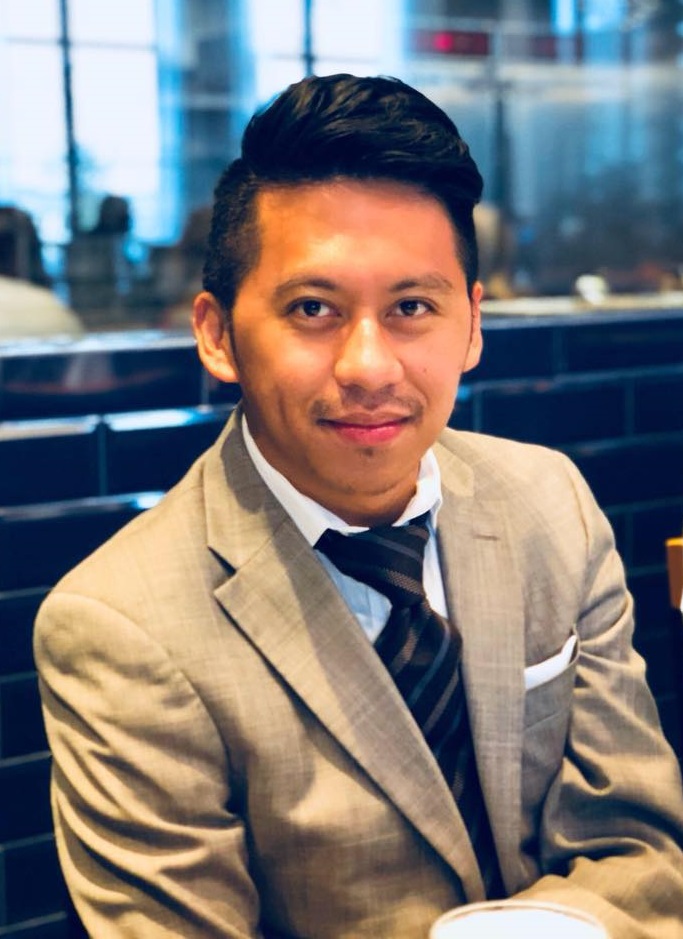
By Cristina DC Pastor
NAFFAA National Chairman Brendan Flores was in Mexico when the Barkada controversy blew up in the last few days of July.
The Barkada Wine Bar in Washington D.C. opened on July 29, with segments of the Filipino American community accusing the bar owners of ‘cultural appropriation.’ In an instant the community found itself split between FilAms who were angered by the use the name Barkada (Tagalog word to mean “friends you hang out with”), and those who did not feel offended by it at all. The intense debate has echoed beyond the U.S. and in places around the world with a large Filipino diaspora community. The FilAm learned that sometime in June some FilAms in D.C. have called the attention of the bar owners about their naming plans, but no attempt was made to address the issue until NaFFAA D.C. issued a statement of condemnation.
“We are deeply concerned by the lack of sensitivity and awareness displayed in the naming of the Barkada Wine Bar on U St. Sebastian Zutant, Nick Guglietta, Anthony Aligo, and Nate Fisher, the owners of said establishment, should not have used our language as an accessory for profit, as they do not share our cultural heritage,” says the NaFFAA D.C. statement.
Flores came home to a messy state of affairs. First thing he did when he arrived, he spoke with D.C. FilAms and Capital Region chapter members. Days later, he spoke with one of the wine bar owners for more “quiet dialogue.” He spoke with many other people until he got a full picture of how it all happened.
A community leader, a philanthropist, and a banker by profession from Florida, Flores created history by becoming the youngest and first millennial president and national chairman of NaFFAA. In this role, he is responsible for leading the largest national affiliation of Filipino American institutions, organizations, and individuals. He currently holds the position as Senior Vice President and Consumer Banking Performance Manager.
In the following interview, Flores tells The FilAm how NaFFAA is trying to calm the situation.
The FilAm: NaFFAA finds itself in the eye of the Barkada firestorm. Briefly, how did that happen?
Brendan Flores: It is important to note that this issue was initiated by individuals within the DC Filipino community, outside of NaFFAA. As the concern grew and as our mission is in part dedicated to “amplifying their voices,” it was logical for the community to bring it to our attention. Consequently, our local leadership was compelled to address it.
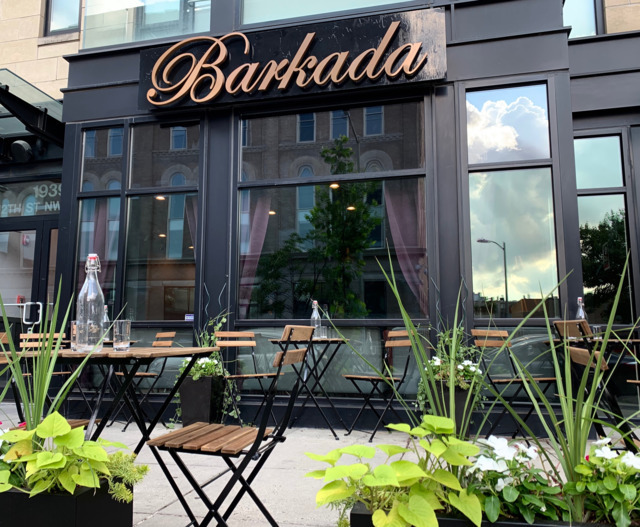
TF: I see that the position paper issued by NaFFAA Capital Region has been withdrawn. Is this correct?
BF: I would not say it has been “withdrawn” but rather it is being “revisited” due to the fact that this is an evolving discussion between all the local stakeholders. As it is also an emotional topic, we wanted to be sure we speak with “one voice” at the proper time.
TF: How was your/ NaFFAA’s ‘quiet dialogue’ with the bar owners? What did the dialogue achieve?
BF: Again, this is an evolving discussion, but we are encouraged by the bar owners’ willingness to dialogue with the local Filipino communities. Given the sensitivity and importance of the topic, we have found that the open and respectful discussions have been helpful. At this time, it appears that everyone is listening, and we are making positive progress, creating awareness, and taking steps to reaching consensus.
TF: How do you feel about the naming issue?
BF: It is a sensitive subject and one that is important to our community here and abroad. I am glad we are talking about the Filipino culture and its preservation. The key is keeping the dialogue constructive and respectful on both sides.
TF: Do you see cultural appropriation being applied here?
BF: To me, personally, it appears that the bar owners missed some key opportunities early on to listen to the local Filipino community and to work on their corporate messaging. I think the bar owners agreed as they openly admitted that they “missed the mark” and they are willing to change the name. Again, it is encouraging that both sides of the issues are continuing the dialogue and bridges are being made.
TF: How does NaFFAA make decisions on things like this? Is there a procedure being followed? Are certain leaders being sanctioned?
BF: Remember, this is a unique local issue that attracted international attention.
NaFFAA, like all national organizations, has procedures that it follows when commenting on national issues, policies, or injustices affecting the Filipino-American community.
Yes, we are following those procedures, and we are proud of the respectful dialogue.
No, there are no “sanctions” that are being discussed. We do not believe that our local region representatives, nor the bar owners acted with malintent. However, this situation has given us the opportunity to revisit and rethink our regional reporting systems and the internal dialogue mechanism.
TF: Anything else you’d like to add?
BF: Our community loves businesses, and we are always eager for the “negocio.” We are also very anxious and proud to promote the richness of our Filipino heritage, However, the promotion must always be authentic, respectful, or appreciative when doing it.
As hard as it is, these painful discussions need to happen and obviously, it is an emotional subject that Filipinos need to talk about. I am proud that NaFFAA is working toward making the dialogue productive.
I can appreciate that despite the differences in our community, Filipinos are speaking up, which is tremendous. I would hope that they harness the same energy with census and the election in November. That’s when our collective voice can truly make a difference.
© The FilAm 2020

